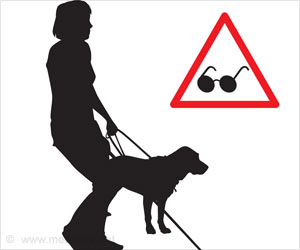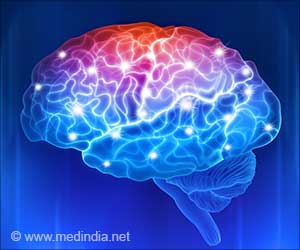
What are Dissociative Disorders?
Trauma can cause dissociative symptoms—such as having an out-of-body experience, or feeling emotionally numb that may help an individual cope in the short term but can have negative impacts if the symptoms persist for a long period. Dissociation and severe dissociative disorders like dissociative identity disorder or ‘DID’ remain at best underappreciated and, at worst, frequently go undiagnosed or misdiagnosed.‘New methods used to study brain connectivity are important for understanding the role these network disturbances play in dissociative disorder.’
Tweet it Now
The cost of this stigmatization and misdiagnosis is high, which has prevented people from accessing appropriate and effective treatment, caused prolonged suffering, and stunted research on dissociation. In addition, given that DID disproportionately affects women, gender disparity is an important issue in this context.How Dissociative Symptoms Affect Brain Activity?
The new study included 91 women with and without histories of childhood trauma, current post-traumatic stress disorder, and varied levels of dissociative symptoms. Participants completed a functional magnetic resonance imaging scan so that investigators could gain insight into their brain activity.They found that different dissociative symptoms were uniquely associated with connections of areas in brain networks that are responsible for cognition and emotion processes.
Researchers hope that a better understanding of the brain correlates of dissociation will help to rectify historical misunderstandings about dissociation and DID, destigmatize these experiences, and contribute to reducing gender-related health disparities.
It is important to note the unique brain signatures of different dissociative symptoms may point to new therapies. In the future, researchers could target brain activity related to dissociation as a treatment in and of itself.
Advertisement













